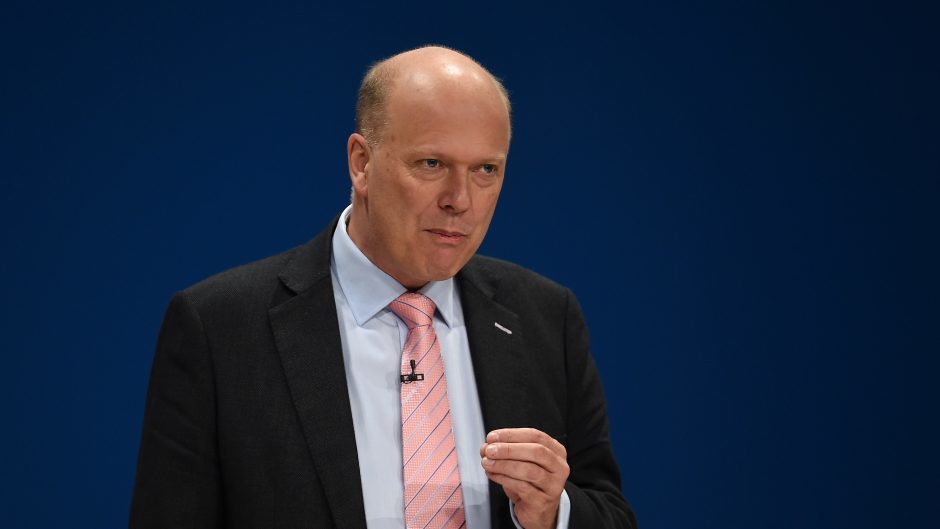
Sir Keir Starmer will need to overhaul the entire Westminster system if he wants to bring about the change he promised during the election campaign, according to a leading political commentator.
Ian Dunt, author of bestseller How Westminster Works… And Why It Doesn’t, believes the archaic and poorly functioning mechanisms of government in the UK present a “really significant problem” for the new prime minister.
However, he says Starmer’s extensive experience in the civil service – the non-political staff who help run the country – makes him perhaps the most well-placed leader in decades to transform how Britain is governed.
Dunt’s book sets out how the labyrinth of departments and systems at Westminster are not fit for purpose and too vulnerable to shifting political sands.
‘Proper civil service people’
He told The Sunday Post that Starmer and his chief of staff Sue Gray will need to draw on their professional experience to deliver the sort of change people backed at last week’s general election.
Starmer was director of public prosecutions from 2008 to 2013, while Gray worked in several senior roles and conducted inquiries into a number of scandals, including partygate.
Dunt said: “Keir Starmer is a former civil servant. He’s sat at those top level meetings.
“Sue Gray has been there for decades right in the Cabinet Office. These people are proper civil service people.
“They’ve seen the way it operates, they know what goes wrong with it.
“I think they would both see changing it as an absolutely essential part of what they do now and, honestly, you can’t really make proper change in this country without addressing it.”
What is going wrong?
Dunt believes the system has not worked well since Tony Blair’s government where a delivery unit, responsible for improvements in areas such as health and education, was set up with an ethos of not being distracted by political events.
He cites the example of Chris Grayling, who became Tory justice secretary in 2012, and then set about privatising a probation service that was creaking at the seams.
The result was a disaster as security firms with no experience of managing ex-offenders were handed the reins and the incentivised with a payment by results system calculated according to how many people fell back into crime.
Firms had no insight into re-offending rates because the system did not reward good record-keeping and several of the companies ended up going bankrupt before the probation service was brought back under government control.
Following the fiasco, Grayling – who was given the nickname “Failing Grayling” as a result of his calamitous time in government – became transport minister.
Protecting failure
Dunt argues the Westminster system protects failing politicians and rewards civil servants for moving on every 18 months rather than becoming specialists who could warn new ministers of impending disasters.
He said: “If you look at the secretaries of state that the system provides, it’s people who just don’t know anything about the subject they’re looking at.
“They’re in position for around one or two years and of course you don’t really know what you’re doing in a job like that for at least two years.
“It’s the same in the civil service. It encourages and rewards people moving as often as possible rather than building up specialism.
“In every part of our system what you find is people who don’t know what they’re doing.”
Starmer appeared to make early steps to buck that trend with a series of ministerial appointments last week, including human rights barrister Richard Hermer as attorney general and former chief scientific adviser Sir Patrick Vallance as science minister.
He also appointed Prison Reform Trust chair James Timpson, who made prisoner rehabilitation a central part of his company’s mission, as justice minister.

Enjoy the convenience of having The Sunday Post delivered as a digital ePaper straight to your smartphone, tablet or computer.
Subscribe for only £5.49 a month and enjoy all the benefits of the printed paper as a digital replica.
Subscribe

